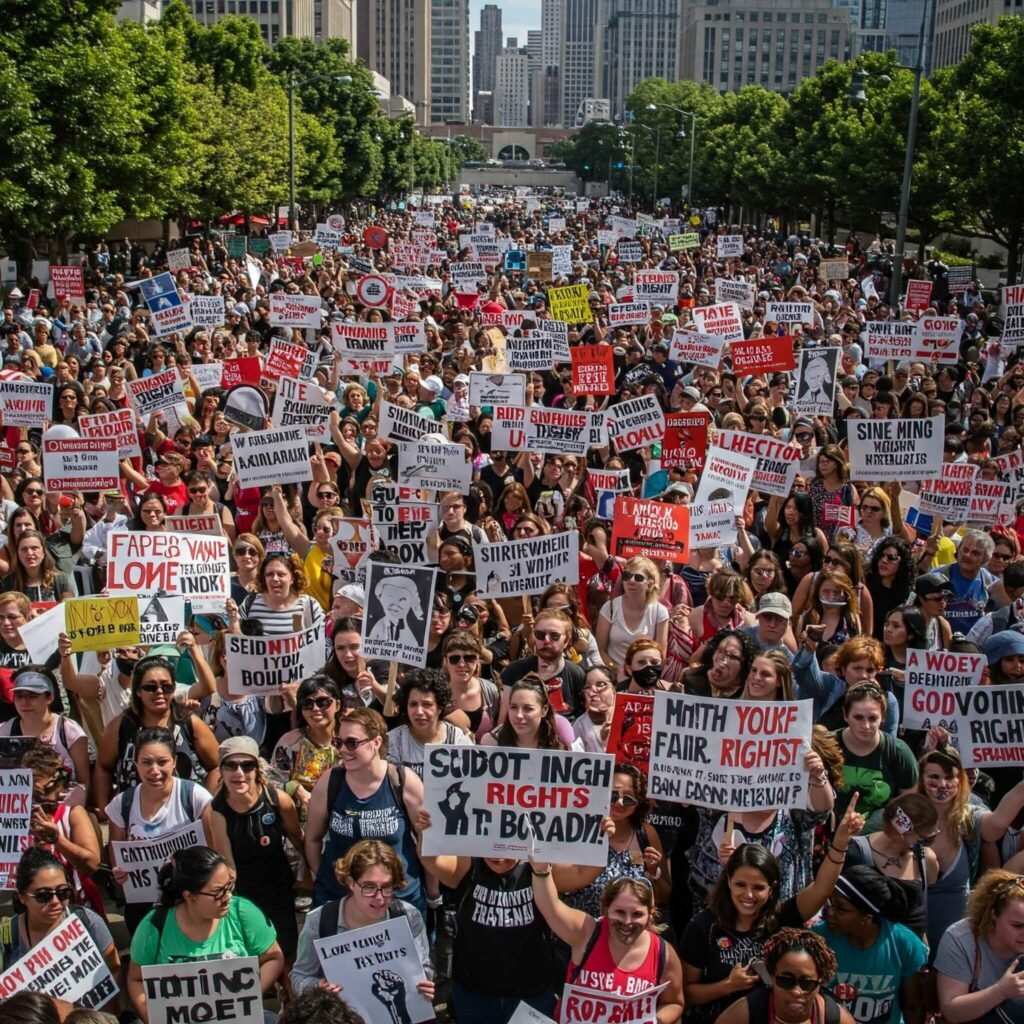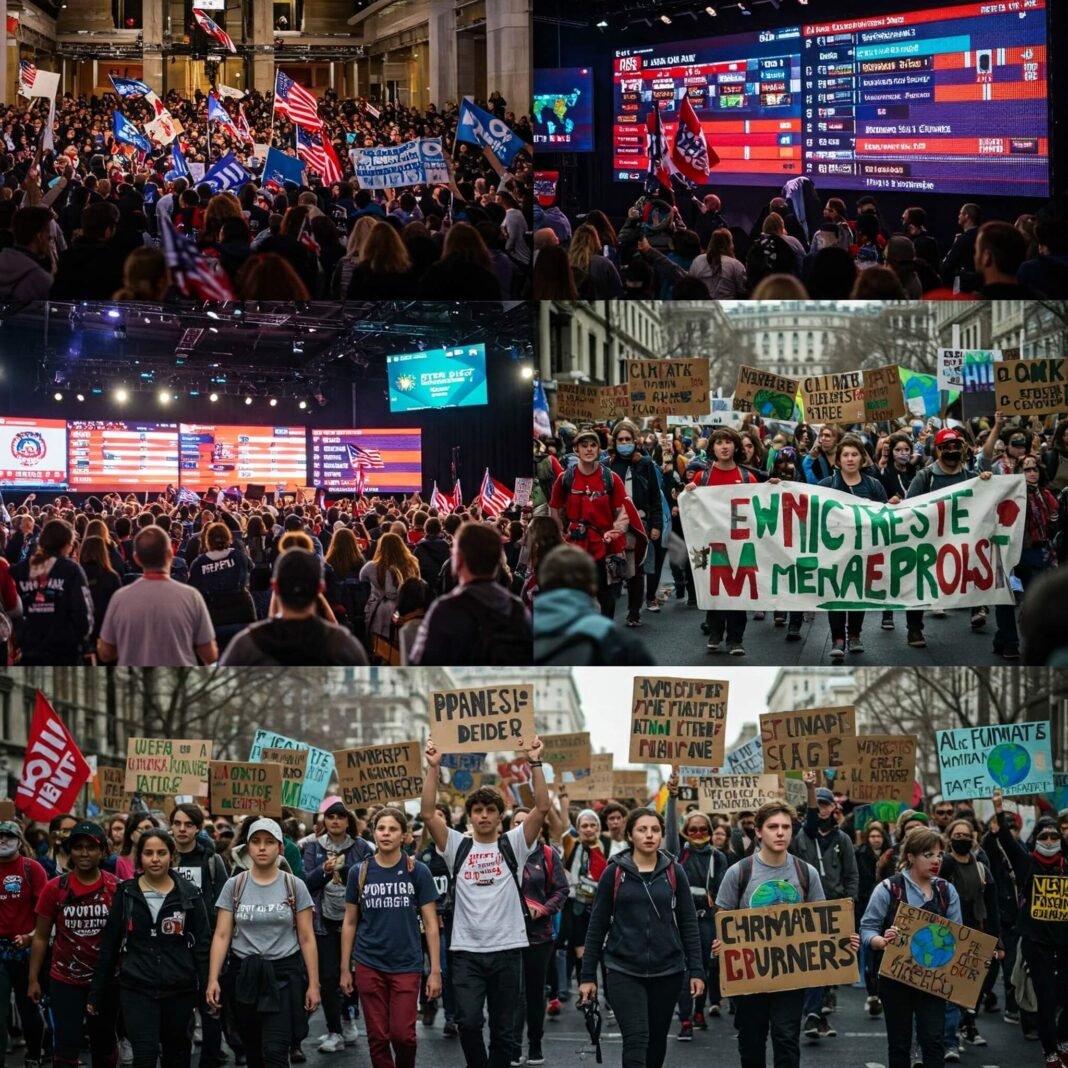Why Civil Rights in the 21st Century Matter
The fight for civil rights in the 21st century is as urgent as ever, addressing both timeless inequities and new challenges born of technology and globalization. From protecting voting rights to ensuring fair algorithms, modern activism shapes a more just society. Understanding these issues empowers you to engage with the future of equality.

Core Issues in Modern Civil Rights
Digital Privacy: A New Civil Rights Frontier
Civil rights in the 21st century include the right to digital privacy. With data breaches and surveillance on the rise, activists demand protections against misuse.
- Example: 2024 laws regulating data collection by tech giants.
- Data Point: 81% of Americans want stronger privacy laws (Pew Research, 2024).
- Source: Pew Research – Privacy
AI Fairness: Ensuring Equity in Algorithms
AI can perpetuate bias, making fairness a key issue for civil rights in the 21st century. Advocates push for transparent, equitable algorithms.
- Case Study: 2023 audits of hiring algorithms to reduce racial bias.
- Takeaway: Support policies for ethical AI development.
- Source: ACLU – AI Bias
Expanding Traditional Civil Rights
Voting Rights: Protecting Democracy’s Core
Voting access remains central to civil rights in the 21st century, with efforts to counter restrictive laws and expand participation.
- Example: Grassroots campaigns for automatic voter registration.
- Stat: 65% of voters support easier access (Gallup, 2024).
- Source: Brennan Center – Voting Rights
Systemic Inequities: Addressing Root Causes
Tackling systemic racism and economic disparities is a priority for modern civil rights. Policies aim to close gaps in education, housing, and wealth.
- Real-World Impact: 2024 housing initiatives for underserved communities.
- Source: NAACP – Economic Justice

Emerging Frontiers in Civil Rights
Climate Justice: Equity in a Warming World
Civil right in the 21st century intersect with climate change, as marginalized communities face disproportionate impacts. Activists demand equitable solutions.
- Example: Community-led clean energy projects in low-income areas.
- Source: Environmental Justice – EPA
Disability Rights: Inclusion in a Digital Age
Advocates for disability rights focus on accessibility in tech and public spaces, a growing aspect of civil right in the 21st century.
- Stat: 26% of Americans have a disability (CDC, 2024).
- Takeaway: Advocate for universal design in tech and infrastructure.
- Source: ADA National Network
Civil Rights in Everyday Life
Grassroots Activism: Driving Change
Civil right in the 21st century thrive on local efforts, from community organizing to digital campaigns.
- Example: Online petitions for fair policing practices.
- Source: Change.org – Civil Rights
Education and Awareness: Empowering Action
Raising awareness about modern civil rights issues inspires collective action.
- Takeaway: Attend workshops or follow activists to stay informed.
- Source: Southern Poverty Law Center

The Future of Civil Rights in the 21st Century
The next frontier of civil right in the 21st century is dynamic, blending technology, equity, and justice. By engaging with these issues, you can help shape a fairer world. Join movements, educate yourself, and vote for change.
Takeaways:
- Act: Support local civil rights initiatives.
- Learn: Follow credible sources on modern equality issues.
- Connect: Join communities advocating for justice.





